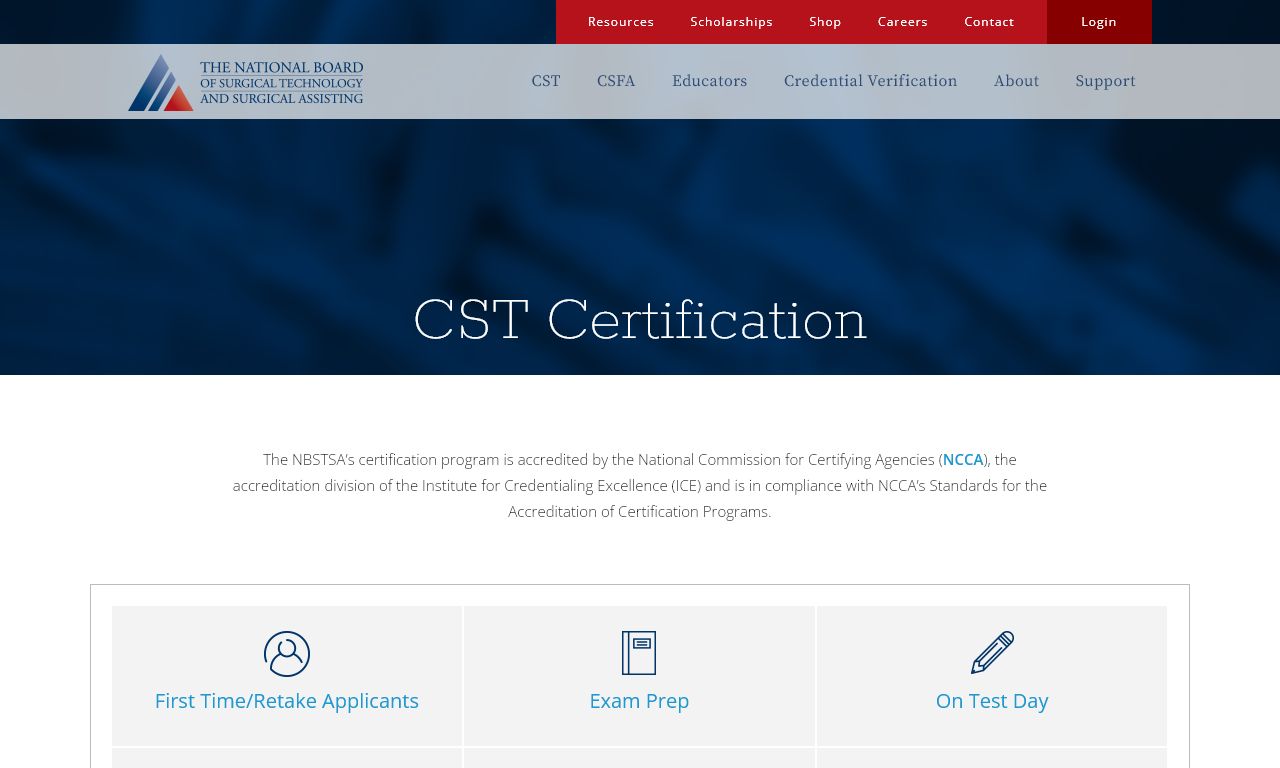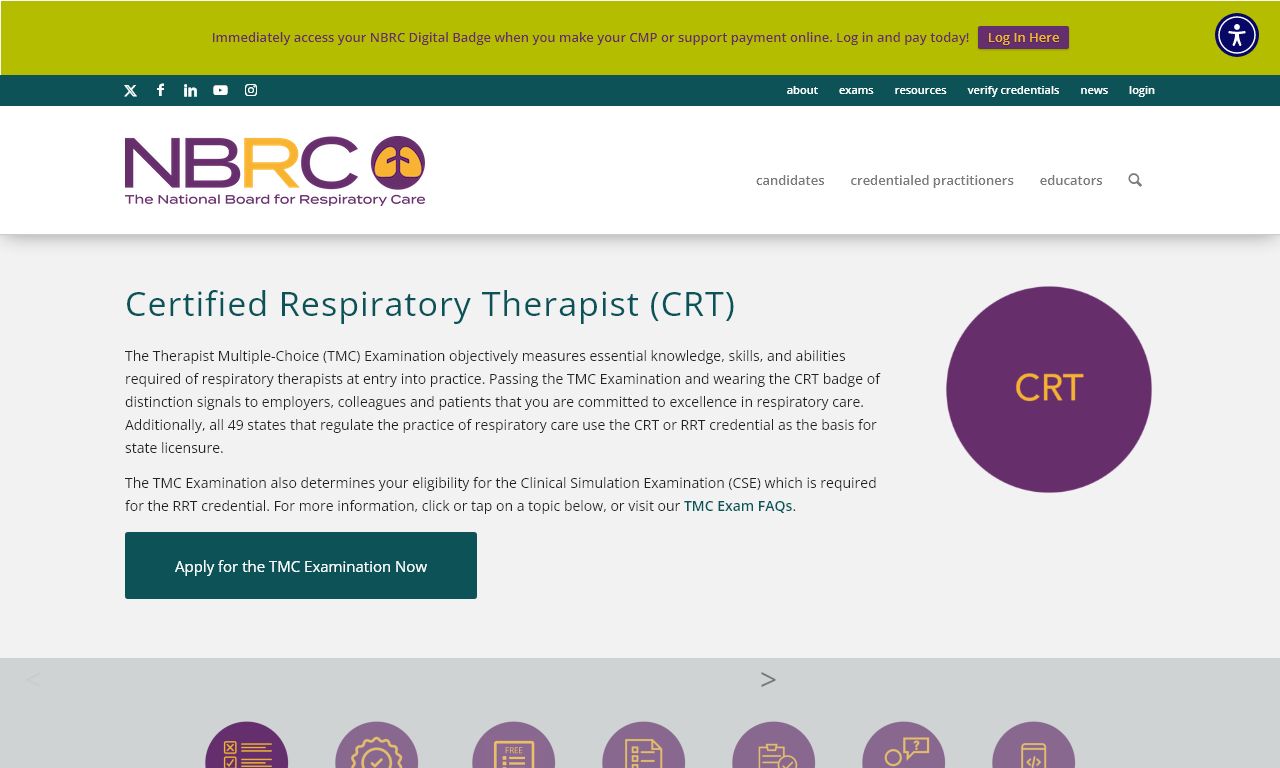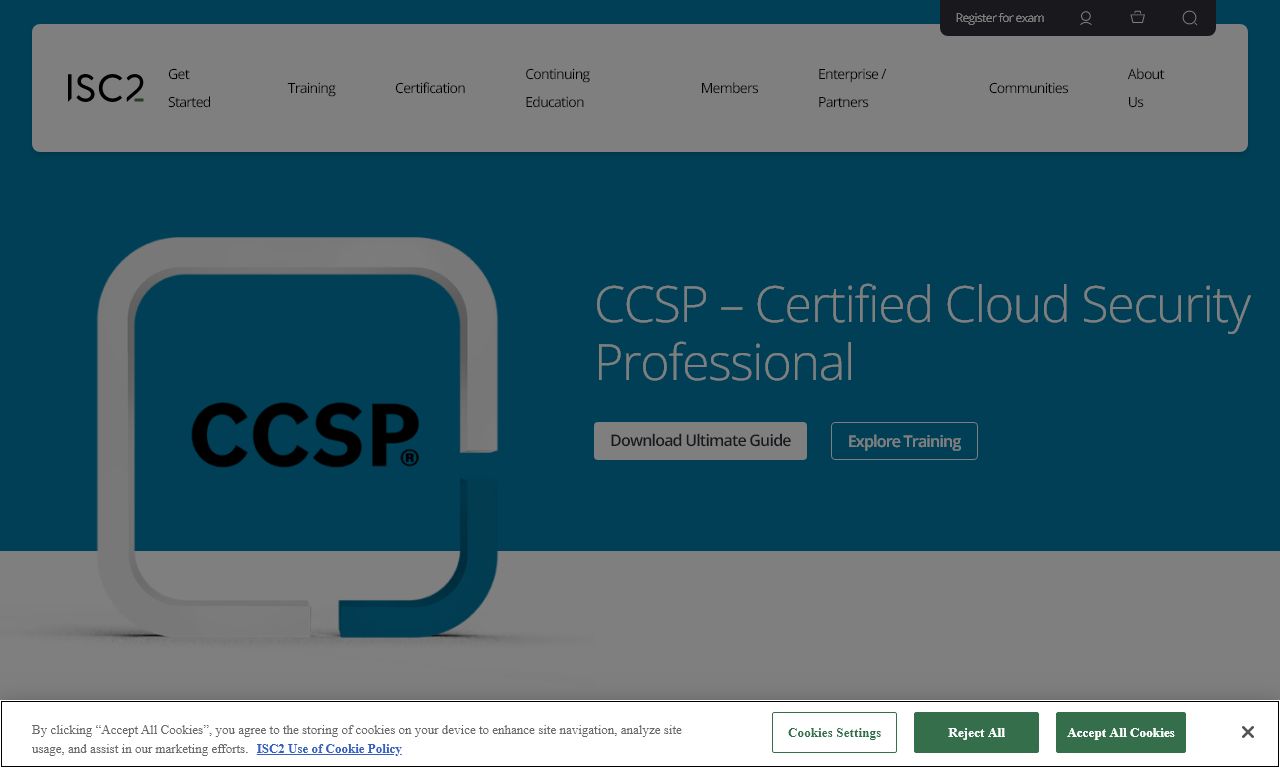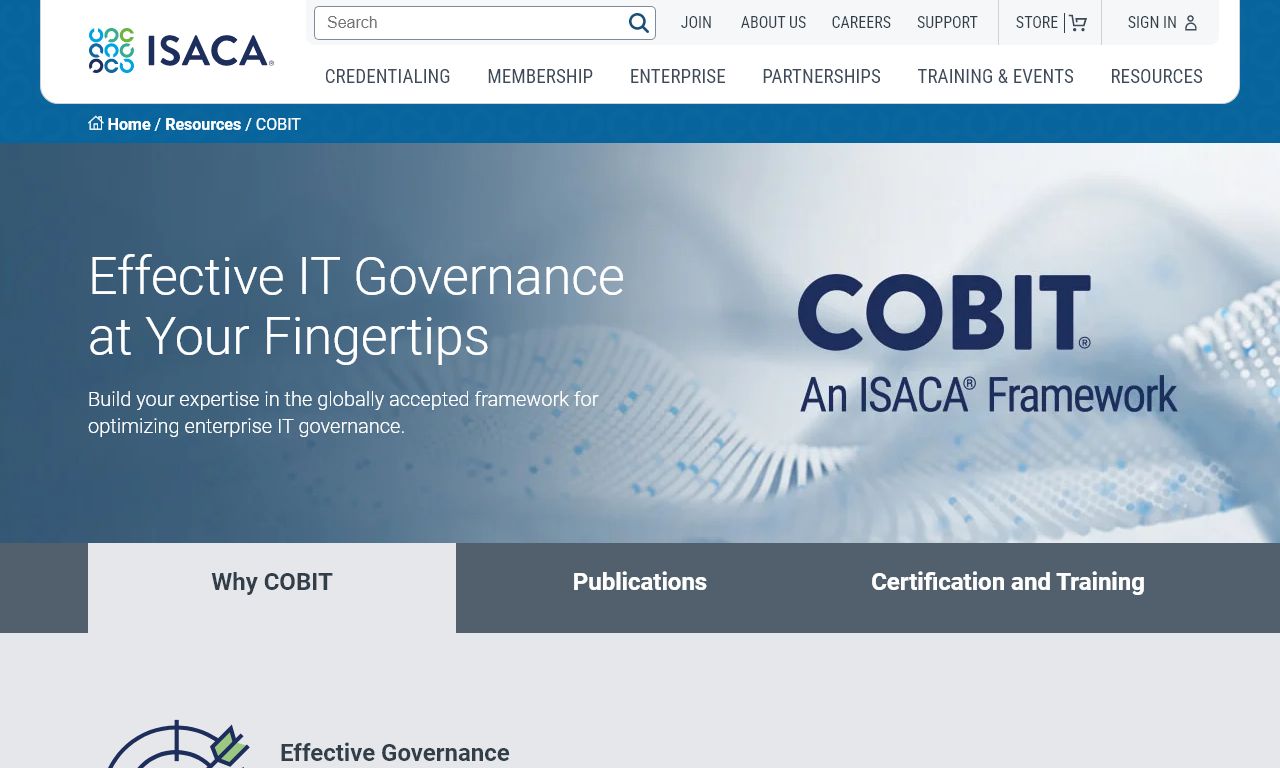AAPC Certification Exams
The American Academy of Professional Coders (AAPC) offers several certification exams for medical coding and billing professionals:
- Certified Professional Coder (CPC)
- Certified Outpatient Coder (COC)
- Certified Inpatient Coder (CIC)
- Certified Risk Adjustment Coder (CRC)
- Specialty certification exams (e.g., CPC-P, CPC-I, CPMA, CPCO, CPPM)
Exam Eligibility and Requirements
To be eligible for AAPC certification exams, candidates must meet the following requirements:
- Current AAPC membership
- Pay the exam fee
- Agree to abide by the AAPC Code of Ethics
Some exams may have additional requirements, such as:
- Relevant work experience
- Specific educational background
- Prerequisites (e.g., CPC exam for specialty certifications)
Exam Format and Content
AAPC certification exams typically consist of:
- Multiple-choice questions
- Proctored exams administered at approved testing centers or online
- Exam length varies by certification (e.g., CPC exam is 5 hours and 40 minutes)
- Open-book exams, allowing the use of approved manuals and resources
Exam content covers topics such as:
- Medical terminology
- Anatomy and physiology
- Coding guidelines and conventions (e.g., ICD-10-CM, CPT, HCPCS)
- Compliance and regulatory issues
- Reimbursement methodologies
Exam Preparation and Resources
AAPC offers various resources to help candidates prepare for certification exams:
- Study guides and practice exams
- Online courses and webinars
- Local chapter meetings and study groups
- Coding books and manuals (e.g., ICD-10-CM, CPT, HCPCS)
Maintaining Certification
To maintain AAPC certification, individuals must:
- Obtain a minimum of 36 continuing education units (CEUs) every two years
- Pay the annual AAPC membership fee
- Adhere to the AAPC Code of Ethics










